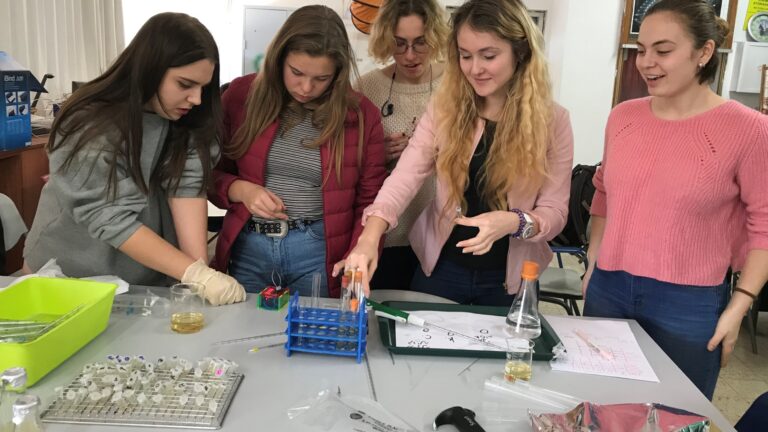People have always thought of emotional pain as metaphorical — a feeling without a physical source. However, the findings of a new study led jointly by Prof. Gal Richter-Levin of the University of Haifa’s Forum for Brain and Behavior and Prof. Jeansok Kim of the University of Washington shows for the first time that it’s not all in your head.
Emotional pain has a neurological basis similar to physical pain, according to this Israeli-American scientific breakthrough in understanding the brain mechanisms that cause physical pain resulting from depression. This area has never been studied before, even though many patients who suffer from depression describe their emotional pain as if it were physical pain.
The results of the new research, conducted on lab rats by the two professors with their students, were published in the Proceedings of the National Academy of Sciences (PNAS) journal. The team proved it is possible to trace neurological processes that form the basis for physical pain resulting from emotional pain.
Fight or flight
The brain’s response mechanisms to fear and tension have been widely researched due to the possible link between the failure of these systems and the development of psychiatric disturbances, such as post-traumatic stress disorder (PTSD) and depression.
Previous findings showed that during exposure to tense situations, the brain’s amygdala was stimulated by higher brain areas and in turn stimulated areas in the brain stem responsible for reacting to fear and tension. One of these areas on the brain stem, known as PAG (periaqueductal gray), stimulates the “fight or flight” response and is closely related to the experience of physical pain.
However, according to the new research, the pathway flows in both directions. It seems that the PAG also regulates the activity of the amygdala, resulting in freezing or fleeing.
“Until now, the PAG was studied only in the context of physical pain,” said Richter-Levin. “Due to our findings, we can, for the first time, begin to investigate the neurological basis for pain that stems from extreme moods.”
Richter-Levin and his team are already working on the next stage, together with Prof. Hansjürgen Volkmer’s lab at the University of Tuebingen in Germany, and two drug companies — Israel’s MDBiosciences and Germany’s NeuroProof.
Their joint goal is to discover which mechanisms in the brain are connected to the experience of emotional pain, in order to find new directions in drug development. The project is being funded in part by the Israeli Economy Ministry and Germany’s Ministry of Education and Research.

















